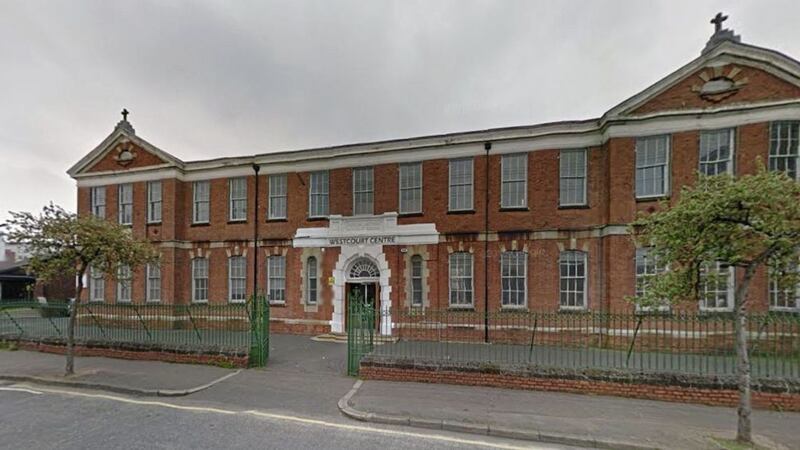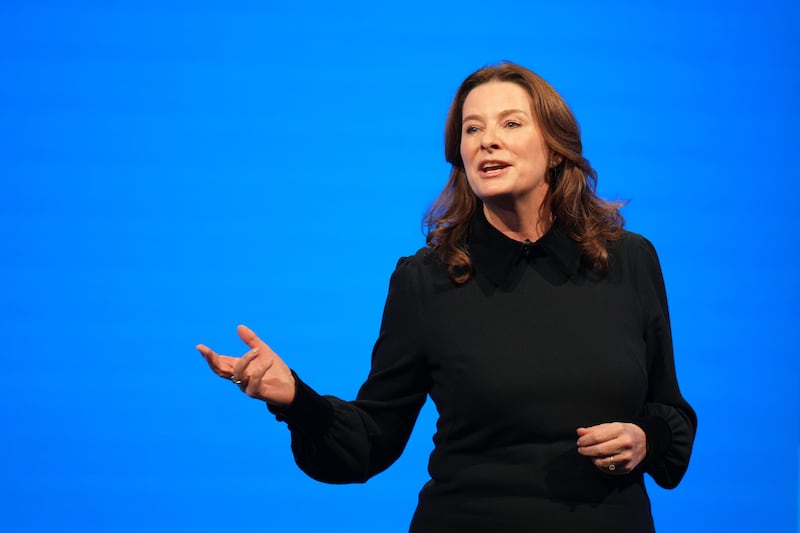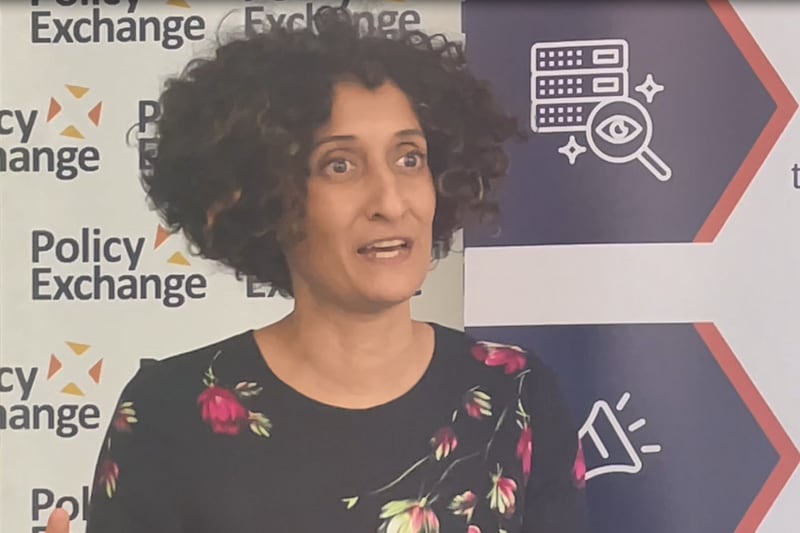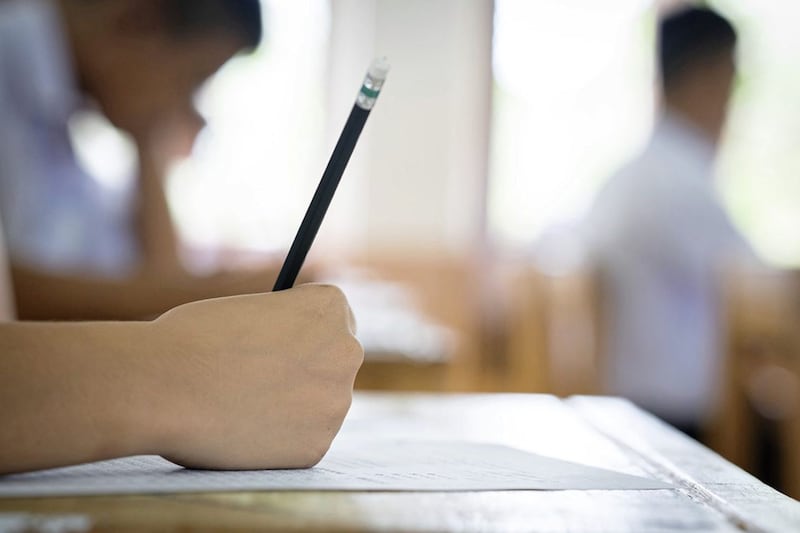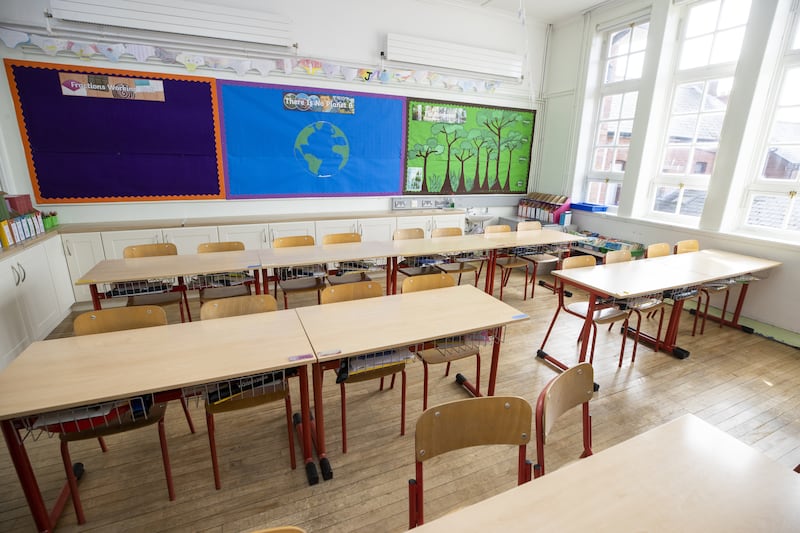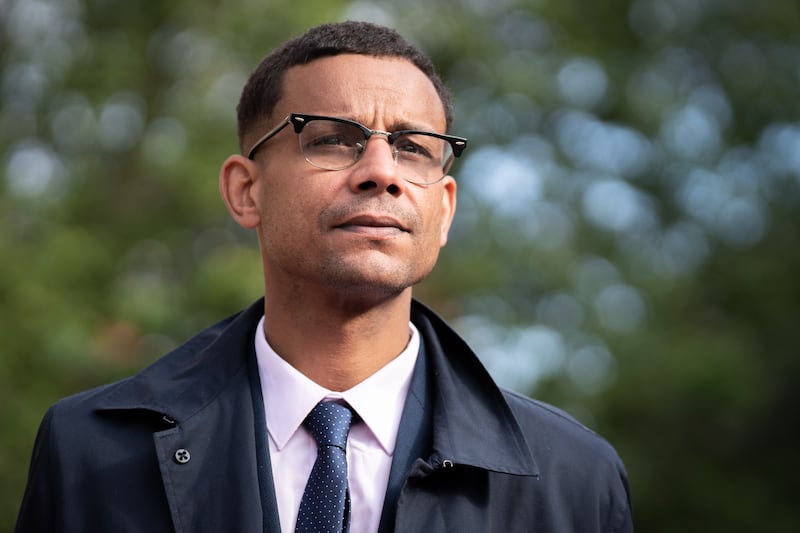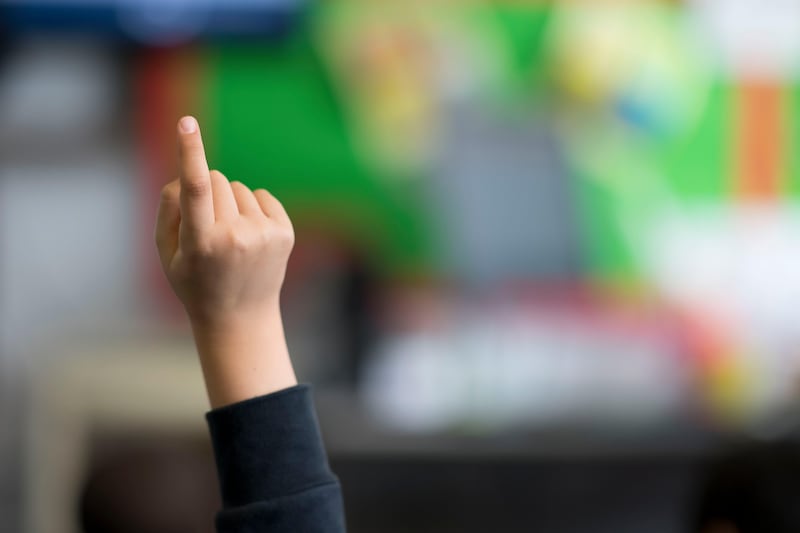In the late 1940s, Pop Ivory taught in the Christian Brothers’ school in Barrack Street, a poor district close to the heart of Belfast’s city centre.
Ivory was by this point a teacher retired by many years, well beyond his 70th year. He would be called upon to help out and take classes when others were not available. His knowledge and experience meant he was comfortable teaching a range of subjects. Ivory would find a way of bringing Belfast Celtic into his lessons, taking the boys on a journey through his decades of following the team, sharing memories of watching legends play in Belfast’s Celtic Park in a time long before television brought the games into people’s households. A lifetime in education meant he knew very well that children learned best when enthused and engaged.
Ivory provides a link to a time before association football even arrived to Irish shores. I like to think of that when my 88-year-old father retells stories of his time in Pop’s classroom for my teenage son today.
Forty years later, I sat in the same classrooms of the same building, with its long gable walls doubling as makeshift handball courts, being taught by a subsequent generation of teachers.
Amongst them was ‘Slim’ Jim McClean. Larger than life in character and build, Jim’s folksy manner and carefully considered lessons taught me a love of history and, along with Aidan ‘Doc’ Donaldson, a teacher who had the incredible knack of finding the level and connecting with often hard to reach teenage boys, were who I thought of and aspired to be like when determining a quarter century ago to enter the teaching vocation.
Ita Savage retired after faithfully completing the distance of a teaching career, spanning three decades in inner city Belfast, only to immediately volunteer a return to the classroom. At an age where it would be much safer during a pandemic to be at home, she dons both mask and visor for double protection as she freely donates her precious time and invaluable experience for six hours, five days a week, working with children in small groups, helping connect the learning and fill the gaps widened due to successive lockdowns and disruptions to learning.
Tom Honey’s vocation as a teacher started in 1948. He had no classroom that year. His class of 53 boys was one of four sharing a PE hall loosely partitioned into sections. Honey would not leave Holy Cross Boys’ PS in Ardoyne until the summer of 1990 save for seven years in the middle of the 1960s spent working for the Legion of Mary in Brazil. He lived beyond his 90th year, publishing collections of poetry up until his passing. Tom had the foresight to take hundreds of photographs of the children, staff and school surroundings from the beginning of his career until the end, leaving a reservoir of memories spanning decades for future generations to experience and enjoy.
Ita, Jim, Aidan and Tom personify all that is good about this vocation, and those fortunate enough to have shared a part of their life journeys are very grateful.
Their stories illustrate how teaching is a calling, and the experience of many families during the pandemic will have confirmed this. The extraordinary determination, commitment and imagination demonstrated by teachers throughout this period has helped children in despair, parents in crisis and families at the end of their tether.
Social distancing was never going to work in a school environment and, in spite of school staff being entitled to the same regard for their own health and safety as the thousands of other people able to work from home, there has been no demand for that in spite of the surge in virus transmission throughout school communities. That is because they know what is best for children and are determined to fulfil a vocational obligation to the pupils in their care.
Alongside teachers, classroom assistants continue taking on extra responsibilities, secretaries and caretakers routinely go the extra mile to help and support parents under pressure. Our schools are the villages raising our kids for many families in distress during these exceptional times.
People will have their opinions on the wearing of masks, the necessity of lateral flow and PCR testing, compulsory vaccination of adults and children and the opening up of the hospitality sector to allow us to pretend this nightmare is over.
But what should not be forgotten is the lesson we learned very quickly during this pandemic about the value of the classroom learning environment. It is where the teachers weave their magic: comforting, engaging and educating our children, all the while spinning memories stretching across generations with the capacity to motivate, inspire and shape perspectives and values.
Steps which will help safeguard the precious gift of learning should not be easily dismissed. The damage already done from two years of disrupted learning will be measured both in social and emotional difficulties and in an ever widening achievement gap. Those needing teachers and schooling the most stand to be the greatest losers. Remote learning robs children of what should be their natural learning and social environment, but it will be almost inevitable if the levels of community transmission and infection that have left school leaders struggling to retain staffing levels over the past month are not reduced and kept at bay.
If we truly value the place of education for our children then collectively we need to consider and take steps which many may otherwise have previously dismissed.

